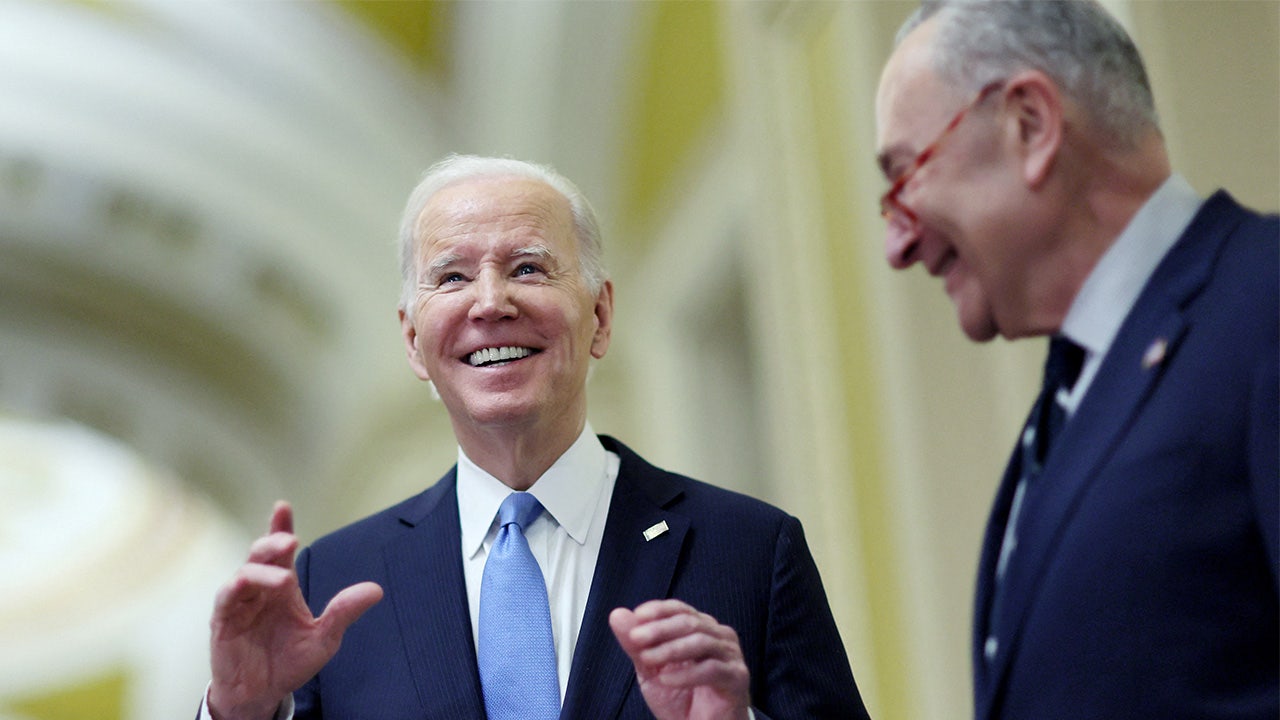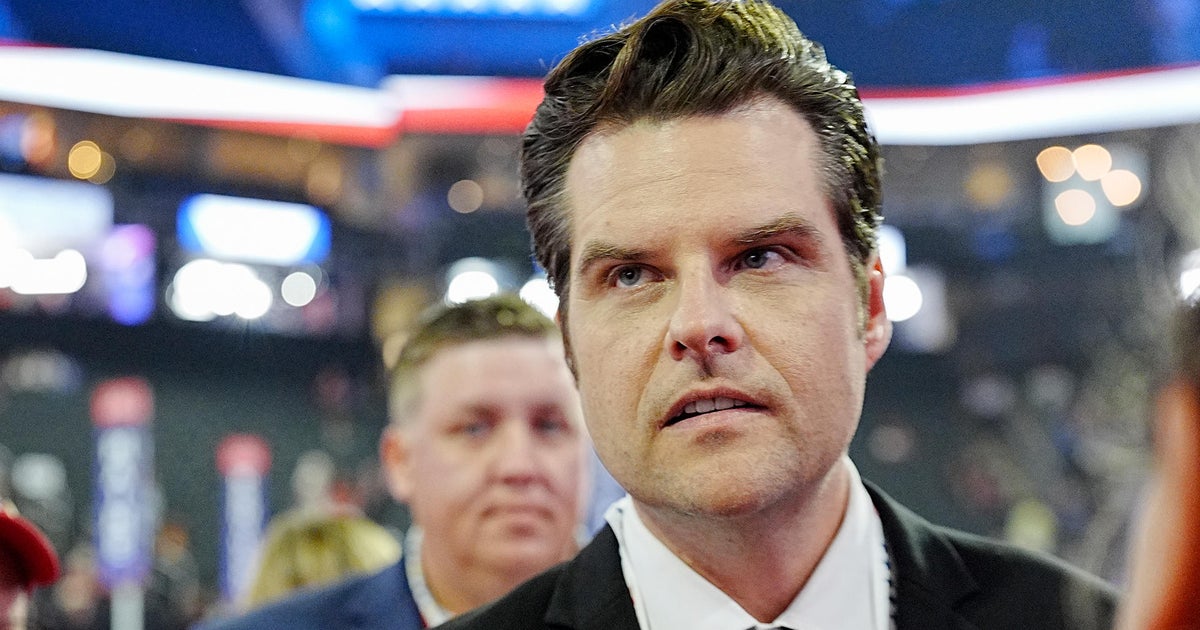A few years ago, the Irish company Teamwork.com wanted to take better advantage of its global footprint. With a round of funding from an investment group, the company reinvested in its products to ready for rapid expansion, and then started scouting out a second home base in North America.
Teamwork looked at cities including Toronto, New York City and Boston. Then Teamwork looked to Denver, where it found more affordability than in The Big Apple, a highly educated talent pool, ample support for tech companies, and a more compatible time zone with its Irish headquarters, said Andrew Vojslavek, now the director of North American sales for Teamwork.com’s U.S. arm.
Last year, Teamwork began hiring a U.S. sales force. Employee No. 1 was Vojslavek, a Denver resident of nearly two decades. Today Teamwork employs 25 people in Colorado, and calls Denver its North American headquarters.
The U.S. and Irish teams fly to one another frequently, sometimes “sweating and running” through Heathrow Airport in England to make connections or dealing with cancelled flights and lost luggage. Delays can drastically put employees behind in their projects, he said, a stressful predicament when in the middle of initiatives like contract negotiations.
In May, though, Aer Lingus is launching a new direct flight from Dublin, Ireland to Denver International Airport — a project Mayor Mike Johnston said could generate $65 million in annual economic impact, and it’s not the only sign of growing economic relations between Denver and Dublin.
Vojslavek expects the new route to save Teamwork.com employees roughly 14 hours of travel each trip, while bettering communication between the Irish and U.S. colleagues and boosting efficiency.
“That’s super freaking exciting,” he said.
Stephanie Garnica might be the director of global business development for Denver Economic Development & Opportunity, but the first time she met Vojslavek in person was in Dublin, Ireland.
Her job is to help get Denver on international business’ radar as a place for potential expansion or investment. In regard to business relations with Ireland, her team has been focused on the nation’s high-tech and entrepreneurial ecosystem, aiming to get Irish companies to look beyond the east coast when it comes time for U.S. expansion, and to consider Denver.
Echoing Vojslavek and Teamwork’s search process, Garnica said she often found Irish companies looking to New York and Boston first.
Denver officials’ trip to Ireland last year helped convince Teamwork that the Mile High City was the place for them. The new direct flight from DIA to Dublin will make that type of recruiting all the more fruitful moving forward, she said, and her team is still focused on building relationships with Irish companies that are scaling up.
Among Colorado companies with a presence in Ireland — such as Liberty Global, Western Union and Otterbox — Garnica expects that footprint to grow after the new flight is up and running.
“It could be too that with some of the Brexit issues that maybe companies consider Dublin for reasons that they typically look at London,” Garnica said.
On a September visit to Colorado and Denver, Ireland’s Ambassador to the United States Geraldine Byrne Nason said in an interview with The Denver Gazette the new flight is significant.
“I would say it’s probably one of the most consequential things that has happened recently, because access, physical access, is a very important issue,” she said while discussing economic opportunities between Ireland and Colorado.
The flight opens a direct opportunity for Irish tourists to take advantage of Colorado’s recreational and outdoor opportunities — they’re an outdoorsy bunch, she said — but in a digital world, will also foster more personal relationships economically.
Nason’s first visit to Denver was spurred by “an extraordinary event” planned in Leadville that illustrates the deep ties between Colorado and Ireland, she said. On Saturday, Irish Network Colorado is scheduled to unveil a new memorial honoring 1,300 Irish immigrants who worked in the mines there buried in unmarked graves.
During the unveiling ceremonies, those Irish Americans would hear their own music for the first time in 150 years, an emotional Honorary Consul James Lyons said. Those buried in Leadville’s unmarked graves were men, women and children, some as young as two months old, Lyons said. Nason noted many were under the age of 25.
The memorial, which the Irish government invested $200,000 to help build, recognizes an important chapter in the history of Irish American immigrants, who in the 19th century were “leaving a very troubled island” marked by hunger and lack of opportunity, Nason said. They travelled to America in search of hope, she said.
Many of those who landed in Colorado came from mining villages in the south of Ireland. Here, they found both jobs and challenges.
“So it’s a bit of a tragic story, but my reason for coming here is to respect both the dignity of those who traveled here in a hopeful way and contributed to the development of the United States in what they were doing, but also to respect what the Irish Network here in Colorado has done by making sure that those who were buried in unnamed graves are not forgotten,” she said.
Nason is also working to connect with the next generation of Irish and Irish Americans.
Roughly 10% of the population in Colorado identify as Irish, she said. Consul Lyons “has been pivotal to making sure that the people-to-people link begins to now flower into something with muscle economically,” Nason said.
“We have Irish investors interested in being here in Colorado,” she said, adding that Ireland is the United States’ ninth source of foreign direct investment, with Irish investors funding more than 100,000 jobs in the U.S.
The benefits flow both ways, she said, citing Fort Collins-based company Otterbox’s presence in Ireland as an example of U.S. investment there.
“The interest for Colorado and its investors in Ireland goes beyond the island of Ireland,” she said. “Ireland is an EU member state. We are part of the European single market. That’s a market of 440 million consumers.”
Ireland has invested heavily in tech companies, something Colorado is now hosting on the ground in companies like Teamwork, she said. She hopes Teamwork can serve as a pathfinder for other Irish companies to expand in the U.S.
“This is sort of a magnet factor when Colorado opens up to investment from Irish actors,” she said, because Irish agencies help connect those Irish companies with one another. “I see this as having a ripple effect and being a very quality high-end investment.”
When it comes to U.S. financial and tech companies wanting a presence in Ireland, the draw comes down to talent, she said.
That includes a highly educated population, a young demography with 30% of Ireland’s population under 25 years old, and a competitive corporate tax rate of 12.5% that will apply to companies with under $700 million in combined revenues, she said. Ireland invests heavily in research and development, and sits on the edge of Europe, which attracts FinTech companies too, she said.
“Every time I ask a U.S. investor why they are in Ireland the first thing that is mentioned to me is talent,” she said.































/cdn.vox-cdn.com/uploads/chorus_asset/file/25739950/247386_Elon_Musk_Open_AI_CVirginia.jpg)
